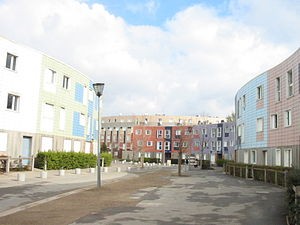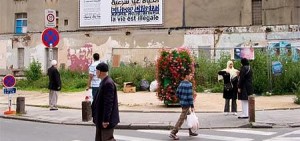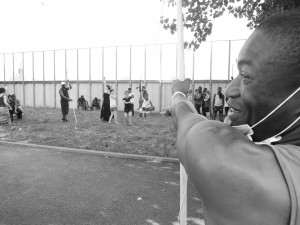One of the interesting – and worrying – dimensions of the corona (officially COVID-19, or Sars-CoV-2) containment measures has been their reliance on food retailers. Despite all the social distance measures and mobility restrictions nation states are now imposing across the world, people still need food. And retailers have been crucial, sometimes even the only legitimate resorts to get it. But is anyone asking which consequences this generates for those who are producing it? In this post I am asking what is happening to agricultural labour at a time of corona crisis across the Mediterranean, which for some time now has gained the status as one of the most important provider of fresh food to European markets.

In Italy, the corona crisis is producing significant effects not only on retail businesses, but also on agricultural labour. In 2018, for instance, the federation of food producers estimated, about three quarters of fresh and packaged agri-food products were sold to large retail chains. One of the important measures taken by the Italian government has been to centralise food consumption during the current crisis. In annex to the Ministerial decree, signed on 11 March, a list appears of what the government regards as legitimate food retailers. Interestingly, these include supermarkets, discounts and grocery shops -but not food markets nor acquisition groups. This unique reliance sounds strange at a time when food supply networks may come under increasing pressure. Without much consultation, several mayors have univocally closed down weekly food markets in their cities. This has generated an even closer dependence of their citizens on large-scale distribution networks. Despite the governments’ explicit call not to hoard prime necessities, every decree has been accompanied by a systematic assault on supermarkets and a rapidly emerging crisis in commodity supplies.

A direct consequence of this dependency on supermarket distribution has been a rising nervousness in the agricultural districts. In rare agreement, labour unions, agricultural entrepreneurs and voluntary associations have been ringing the alarm bell to denounce the lack of assistance and call for preventive safety measures. Ironically, the agricultural sector has been designated as ‘essential’ to keep the country going in the latest Ministerial update, alongside transport and logistics -but assistance to workers has been structurally lacking. Not coincidentally, these sectors represent a labour force of predominantly foreign origin. In the province of Cuneo (Piemonte), the Capitanata (Puglia), in Castel Volturno (Campania), the Vulture (Basilicata) and in the Piana di Gioia Tauro (Calabria), where thousands of foreign labourers work to pick fruits and vegetables for Italy’s home-staying citizens, NGOs and labour unions are currently assisting workers in the margins, pending institutional support. Worries are now rising that a COVID contagion may spread in these districts like a fire.
An extra source of stress for those who are already struggling to work for the day is the limited freedom to move around. In the informal settlements of Rignano and San Ferdinando for example, where up to 500 people permanently reside without access to basic services, humanitarian organisation INTERSOS and EMERGENCY have set up mobile monitoring units to assist mobile workers. Other organisations like the RED CROSS and CARITAS, who previously managed official labour camps, are struggling to meet governmental criteria. The result has been a rising informality among workers who already remain invisible to state institutions.
To reach West-African workers active in the agricultural sector, EMERGENCY has now produced a video in pidgin English that informs them about possible anti-COVID precautions.
Similarly to Italy, the continuous arrival of Syrian refugees in Turkey has led to a refugeeization of the agricultural labour force. Basically, this means that refugees now take on the precarious day jobs that domestic and other migrant workers would usually do. Of the 3.57 million Syrian refugees present in Turkey, only a small part live in official refugee camps. In turn, a growing majority has been filling the ranks of farm workers on the countryside, while trying to find a living in livestock production, greenhouse cultivation, and the harvesting and processing of various crops (like olives, cotton, hazelnuts, tea, pistachio, citrus fruits and stone fruits, vegetables). While relations between domestic and migrant workers have generally remained peaceful, recently there have been sporadic violent incidents against migrant residents. Now that Turkish president Tayyip Erdogan is rising its pressure on Syrian refugees to leave the country, the conditions of Turkish agriculture may soon face an unexpected downfall as its labour power is siphoning towards Europe.
In the meantime in neighbouring Greece, where migrants have been supporting the agricultural economy since decades, the patrolling of Europe’s Southern border is now rapidly turning from repressive, to violent. Before sealing its border completely in response to the global corona outbreak, Greek government forces have been caught repeatedly in violent anti-migrant actions (in one such event on the Greek-Turkish border, one man was allegedly killed by either Greek soldiers or ‘armed locals’ who actively assist them in their task – as the research group Forensic Architecture documented in the attached video). Urged by European governments, Frontex is planning to send more guards to the region now, together with vehicles, ships and surveillance technology provided and financed by European member states.
While anti-migrant violence is arousing protests among human rights groups and advocates, the question how rising border repression may affect the current Sars-CoV-2 outbreak remains so far unanswered. In Turkey, Greece, and Italy, farm production depends ever more significantly on the effort of flexible, precarious labourers who, at rising rates, are recruited among refugees who are either blocked or killed at the border. While the corona virus has certainly made the world aware of its intense interconnections, this may be yet another, important question to figure out in the near future.
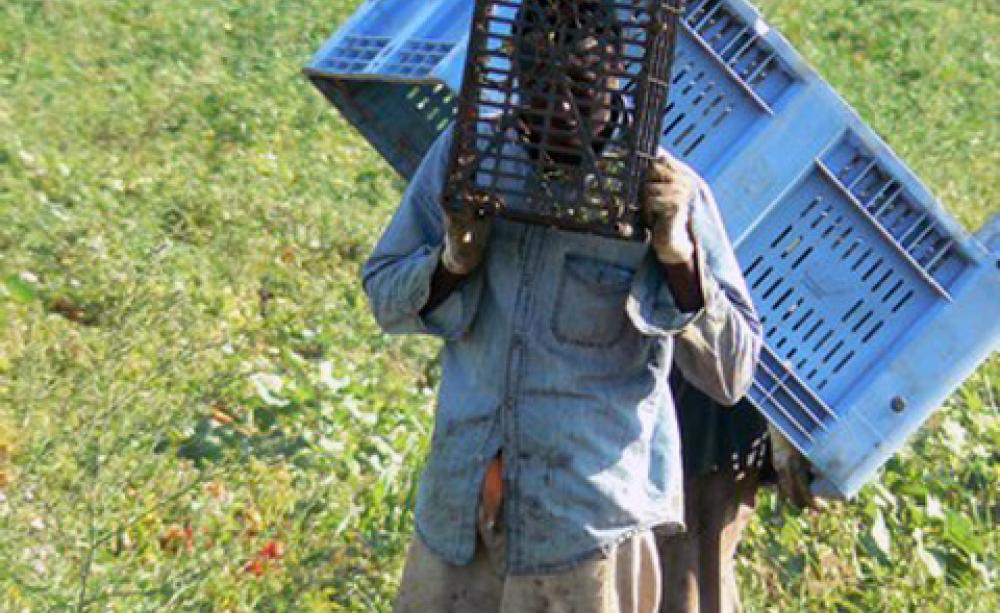

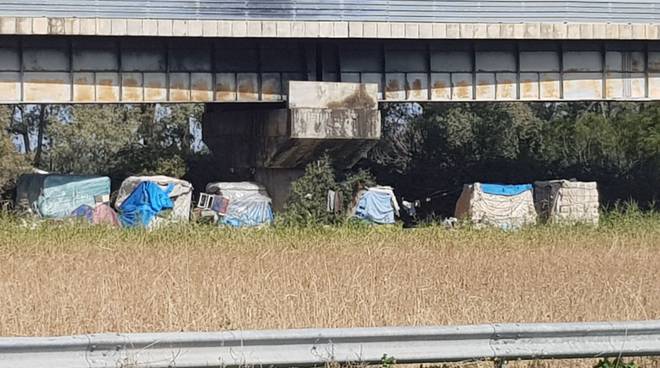
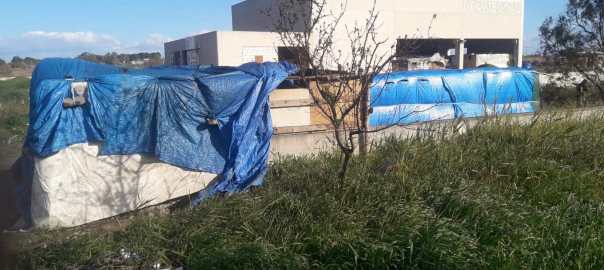
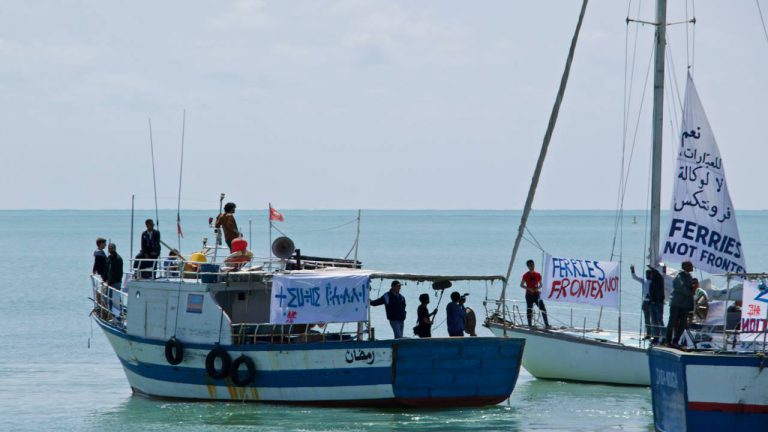






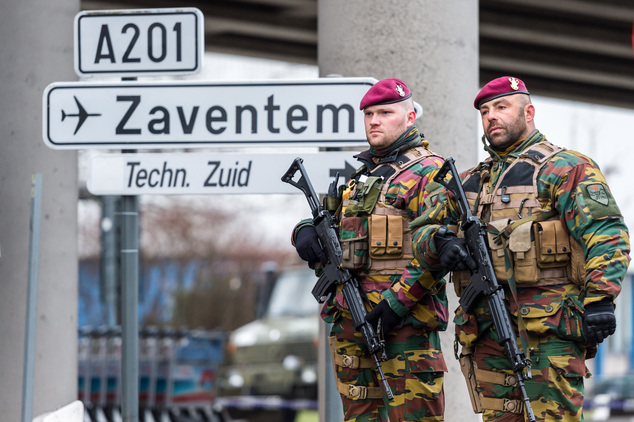

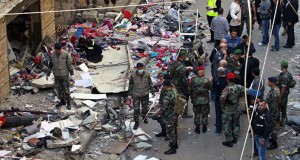

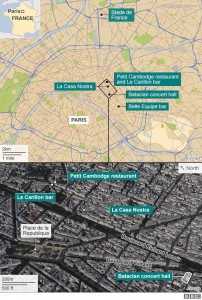 ly secluded lives. But also the very idea of unity in diversity –one of the fundamental values the European project and the ‘no-more-war’ credo it once pretended to stand for, is falling flat on its face. In that sense, the contrast between the
ly secluded lives. But also the very idea of unity in diversity –one of the fundamental values the European project and the ‘no-more-war’ credo it once pretended to stand for, is falling flat on its face. In that sense, the contrast between the 